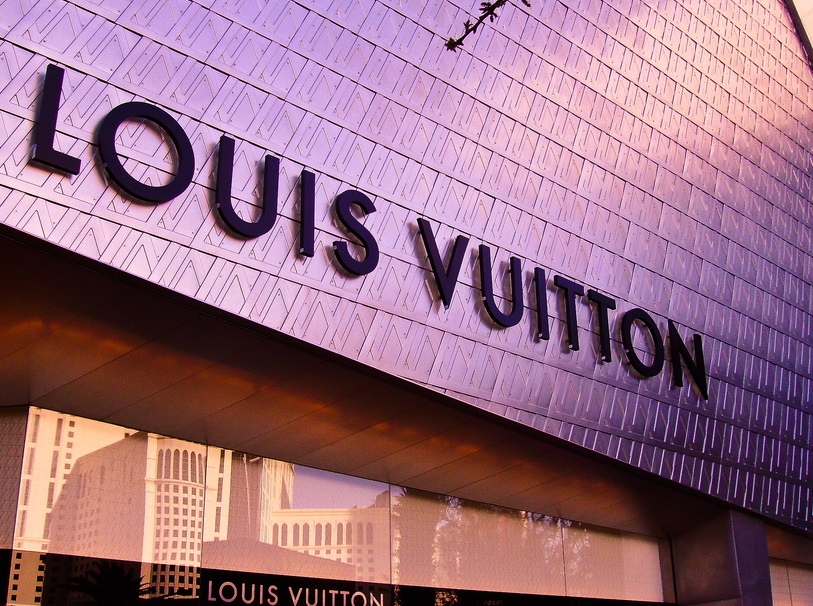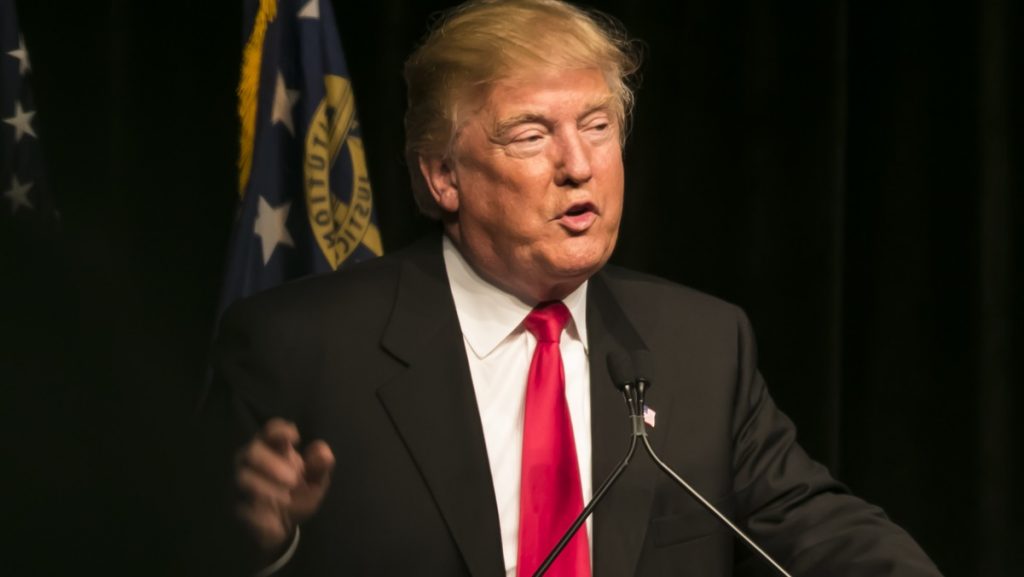Recently, Apple, as well as other smartphone giants noticed a sharp decline in their sales. Now, more luxury brands fear it may hit their sales with expensive watches and handbags next.
The Sharp Decline
Last Thursday, Apple said their iPhone sales plummeted in the last quarter of 2018 after China experienced an economic slowdown last year.
Unfortunately, this decline in sales created a ripple effect as European luxury brands reflected the same report. In fact, LVMH’s shares, which owns famous brands like Fendi and Louis Vuitton, fell by 3% in the closing trade last week.
Meanwhile, Burberry’s stocks tumbled by 5.8% while Gucci was down by 4%. Even the famous expensive watch brand Swiss’ shares also suffered a sharp decline of 3%.

Despite the massive decline in sales and stocks on expensive, foreign brands, the average luxury spending of the Chinese remained steady and strong last year despite the country’s sluggish economy.
Meanwhile, the investors are dreading the Q4 report of famous European fashion houses, thinking they might reveal some shocking information about their sales and profit. The investors are also worried if this newly-formed habit of Chinese shoppers continues, they may also put off spending on luxury brands.
The Woes
Meanwhile, the Federation of Swiss Watch Industry also stated they first noticed the decline of sold watches in China as early as November. This causes the industry to lower their sales expectations farther in the last quarter of 2018 to recuperate with the profit loss.
Despite this countermeasure, the renowned business analyst at Jefferies says these expensive brands will likely suffer the brunt of sales and profit loss. It’s because most European luxury brands tend to rely more on the Chinese market for the past few years. According to statistics, 30% of these luxury brands’ income came straight from Chinese shoppers.

This translates roughly to a staggering $7 billion revenue every year, according to Altagamma. Meanwhile, the Bain consultancy firm predicts more than 50% of luxury spending sales will come from Chinese shoppers by 2025. Therefore, in any event, if the Chinese shoppers stop patronizing foreign brands, it’ll suffer a huge plummet in sales directly.
The whole fiasco started when Chinese shoppers stopped buying luxury brands as the government started its crackdown against corruption in 2012. The said anti-corruption campaign made these expensive watches and other luxury brands off limits to corporate executives as well as the government officials.
The Tension
Aside from the said campaign, some business analysts are worried about China’s sluggish economic growth. After a few decades of global expansion, the Chinese economy hit a standstill as it started declining last year.
In fact, the slump in economic growth last year was the weakest performance ever recorded since the 1990s. The business analysts also anticipate the economy to worsen this year. It’s because China is facing concerns about their real-estate market, as well as the ongoing trade war.

According to UBS’ analyst Helen Brand, the consumer’s confidence in spending tends to tighten up due to the ongoing trade tensions. While UBS predicted the Chinese spending on luxury brands would be up by 10% in the second half of 2018.
They said it’s still pretty low compared to the 16% spending growth they recorded in the first year of 2018. UBS says they also predict the same results for this year. Meanwhile, Brand says the continuous weakening of Chinese yuan in the exchange rate causes shoppers to spend less on foreign brands or even traveling abroad.





